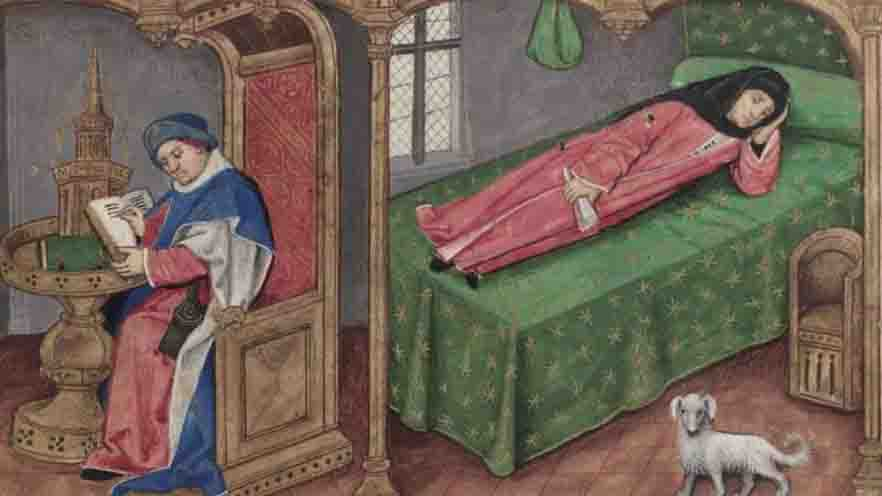Why do we take the summers
off? Why do we like it to be dark earlier
in the winter? And why does the workday
start at 9am and last for eight hours?
We might take these divisions of time for granted, but it wasn’t always
the case.
This Saturday evening, we observe
Selichot, the addition of penitential prayers to our morning routine for the
High Holidays. Traditionally, these
prayers were offered at midnight Saturday-Sunday and then said before shacharit
(morning services) for the rest of the season.
Our service starts Saturday night
with minchah at 6:55, maariv and Havdalah at 7:55, snacks and speaker – Jessica
Lemons the executive director of Stony Brook Hillel, and then, at approximately
9pm, our Selichot service. It’s hard to
stay up all the way until midnight!
However, before electrical
lighting and the Industrial Revolution, peoples’ sleeping habits would have
made the custom of a midnight Selichot far easier to observe. This is because in pre-Modern times, people
practiced “biphasic sleeping,” that is, sleeping in two shifts. People would go to sleep at nightfall, wake
up again around midnight, eat, read, etc., and then after about an hour, go
back to sleep until the morning.
Religious people, both Jews and
non-Jews, would have used this time for prayer and even today, some Christian
monks and Chasidic Jews continue to practice a version of this midnight prayer
practice.
There are those who suggest we go
back to the “Selichot Sleep Pattern” for health reasons.
And there are spiritual lessons
we can learn, too. And these can be
realized even if we don’t stay up late for them. The traditional Selichot teaches us to be
mindful of our time, to not take it for granted, to not put off that which can
help ourselves and others.
And there is one last, most
important lesson. When midnight Selichot
was practiced during the period “between sleeps,” it was in sync with, conformed
to, a healthy lifestyle. Sure, perhaps
you did not always spend your wakeful midnight hour praying, but you weren’t
hurting your health or your sleep in doing so for Selichot.
For a sleep-starved society like
our own, this would certainly be a wise lesson to follow. We would all perform better at all things with
more sleep. We do ourselves and others
no favors by ignoring our health.
Selichot shows us that ignoring our health has spiritual and moral ramifications. That is something echoed elsewhere in our
High Holiday prayers, too – we will be more forgiving, more thoughtful, more careful,
when rested.
May the year ahead be full of
sweetness, health, and rest – physical and spiritual!

No comments:
Post a Comment